Charles J. Stivale
Wayne State University
Parables for the Virtual: Movement, Affect, Sensation by Brian Massumi. Durham, N.C. Duke University Press, 2002. Pp. viii + 328. $21.95 paper.
If we have somehow previously missed the signs (and texts) of Brian Massumi’s provocative critical production, Parables for the Virtual: Movement, Affect, Sensation provides indisputable evidence of the mastery, despite his efforts to be unmasterful, that Massumi brings to his study of the complex intersection of science, philosophy, and culture. Given the depth and complexity of the analyses contained in this volume, a review such as this can only offer a broad outline of the rich and careful work of critical reflection contained therein.
In the introduction, Massumi explains how the volume’s animating concepts overlap. In doing so, he presents himself not as an adversary but as a severe yet willing ally of contemporary modes of critique, especially cultural studies. Massumi’s always original analyses offer practical means to think through and with the body in its material traits that include, but are not limited to, movement, sensation, and affect. Bergsonian and Deleuzian in inspiration, Massumi’s approach to movement insists on the importance of passages and becomings over the fixed and static coordinates of positions. Outlining some fifteen consequences of his adoption of the Bergsonian perspective, he adds sensation and intensity to complicate movement and then develops, through Leibniz, the links between sensation and perception, sensation and memory, and, through Spinoza, sensation and affect (14-15). Massumi maintains that all of these relations, movements, and intensities concern the sense in which “the body coincides with its own transitions and its transitioning with its potential” (15), and that such phasing is linked to the body’s feeling, emergence, and subjectivity.
Massumi cautions that, while not all of these conceptual clusters figure in each essay, they do “appear and reappear like a revolving cast of characters, joining forces or interfering with each other in a tumble of abstract intrigue—at times (I admit) barely controlled” (17). [End Page 145]
In short, one finds here a sequence of conceptual role-playing games in which the stakes are the body and its sensory and affective vicissitudes. The arc of this “tumble”—from engagement with affect and its cronies as developed in Deleuze and Guattari (chapter 1) to the paean to incorporeal materialism in conjunction with radical empiricism (chapter 9)—helps Massumi toward his goal of developing invention and experimentation in the humanities, not by mastering concepts through their application, but by seeking the singularity of and in well-selected examples. Hence Massumi glories in the possibility of pursuing these examples through their myriad details and possible digressions, even “prepared for failure,” in order to reach “not so much the negation of system as a setting of systems in motion” (18). The method proposed is one of “creative contagion,” opening the system, connecting concepts between disciplines to “see what happens,” to leave “readers with a very special gift: a headache. a problem: what in the world to do with it all” (19).
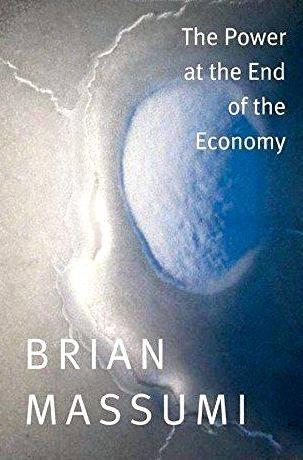
Well aware of being charged with “shameless poaching,” of “theft from science for the humanities” (19), Massumi happily but not naively embraces such charges. His interest is in radical connectibility of concepts, the very ways in which “rhythm, relay, arrival and departure” (i.e. affect) enable a two-way transmission between science and the humanities (20). Massumi understands the purpose of creating links between science and the humanities as placing the latter “in a position of having continually to renegotiate their relations with the sciences—and, in the process, to rearticulate what is unique to their own capacities” (21). Finally, he explains that since his mode of analysis is based on examples, he has chosen “parable” for his title to indicate “the genre of writing most closely allied with the logical form of the example,” a writing on the incorporeality of the body, that is, the “virtual” (21).
Having thus given a close reading of the introductory pages of Massumi’s.
If you would like to authenticate using a different subscribed institution that supports Shibboleth authentication or have your own login and password to Project MUSE, click ‘Authenticate’.
You are not currently authenticated.


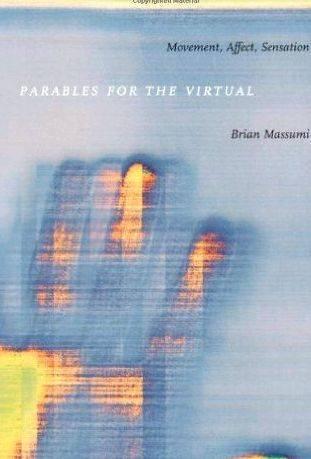
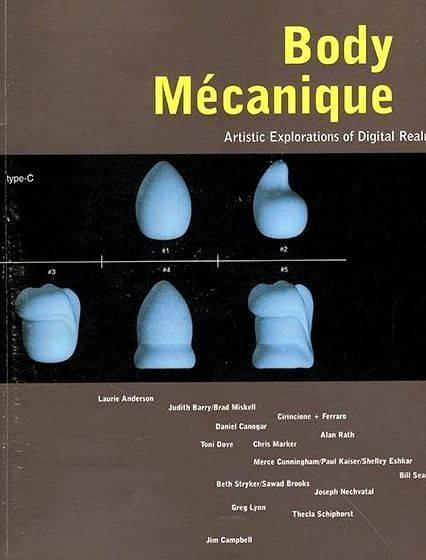


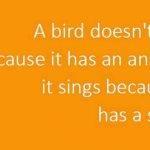 Finding your voice in writing
Finding your voice in writing Close your eyes 9 in common effective writing
Close your eyes 9 in common effective writing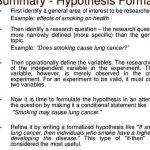 Writing a good research hypothesis
Writing a good research hypothesis Sims 3 writing for the enemy you see today
Sims 3 writing for the enemy you see today Improve your writing skills by reading
Improve your writing skills by reading






